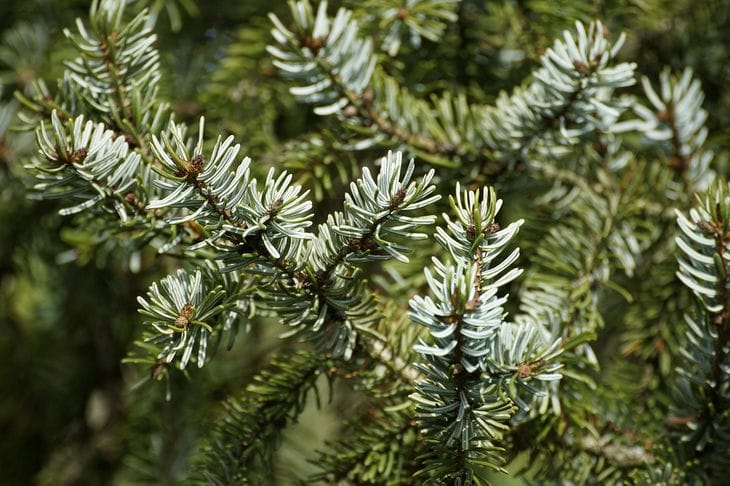Coniferous trees in spring: how to care for them and what to feed them with
Conifers are a popular choice for gardeners because they provide year-round greenery and structure to any landscape.
Although these trees do not lose their leaves in the winter, they still require proper care and fertilization in the spring to stay healthy.
In this article, we'll look at how to care for and fertilize your evergreen trees during the spring months, says Anastasia Kovrizhnykh .
Spring care
Pruning: Spring is a great time to prune your trees. It is important to remove any dead, diseased or damaged branches to prevent the spread of disease or insects. Pruning also helps maintain the shape and size of the tree and encourages new growth.
Watering: Conifers require constant moisture, especially in the spring when new growth forms.

Water your trees generously, but avoid overwatering as this can cause root rot. It is best to water in the morning to allow the foliage to dry before dark.
Mulching: Applying a layer of mulch around the base of your trees helps retain moisture and keep the roots cool during the hot summer months. Be sure not to let the mulch come into direct contact with the trunk, as this can lead to rot.
Fertilizer: Evergreen trees benefit from fertilizing in the spring, as this is when they are actively growing. Fertilizer
Nitrogen: Nitrogen is an important nutrient for evergreen trees because it promotes healthy foliage growth.
It is important to choose a fertilizer that is high in nitrogen, but not too high, as this can lead to excessive growth and weak branches. A balanced fertilizer with an NPK ratio of 12-6-6 is a good option for most conifers.
Iron: Iron is also important because it helps maintain the rich green color of the foliage. If your tree's foliage is turning yellow or showing signs of chlorosis (a condition caused by iron deficiency), consider applying a fertilizer specifically formulated with iron.
Acidic Soil: Many evergreen trees prefer acidic soil, so it is important to choose a fertilizer formulated specifically for these types of trees.
Look for fertilizers that contain sulfur or iron sulfate, as these help lower the soil pH and make it more acidic.
Slow-release fertilizer: A great option for evergreen trees as they provide a constant source of nutrients over a longer period of time.
This can be especially useful for trees that are not growing as quickly or have large root systems.
Previously, it was reported about caring for currants .
